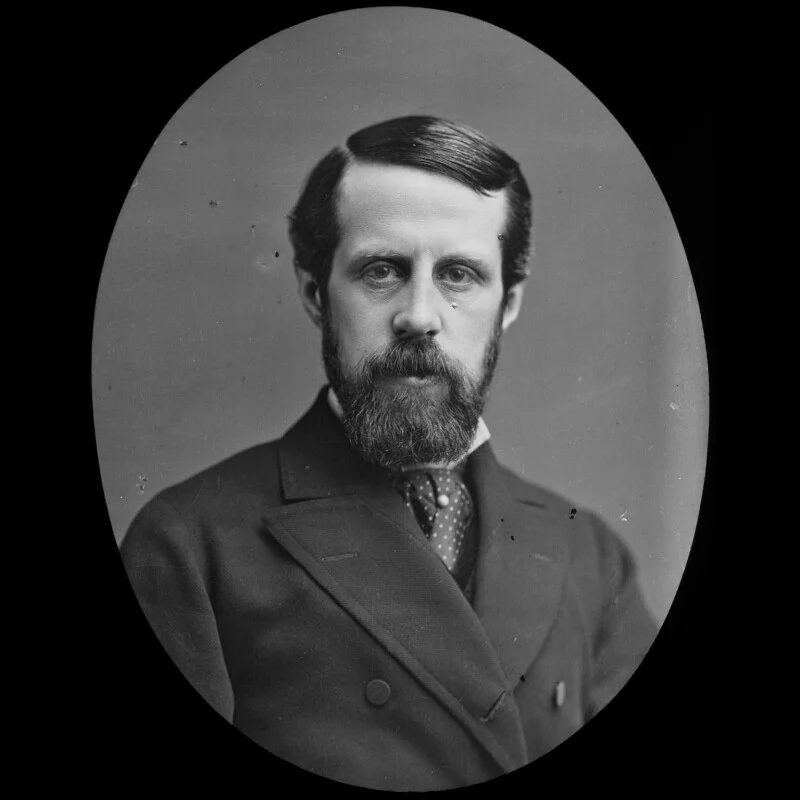
Lord Aberdeen: The Governor General of Canada (1893–1898)
admin
- 0
kfoodfair2015.com – Lord Aberdeen, born John Campbell Hamilton-Gordon, served as the Governor General of Canada from 1893 to 1898, during a period of significant change and development for the young nation. His time in office is often remembered for his efforts to strengthen Canada’s cultural and social fabric, promote economic growth, and build strong relationships between Canada and the British Empire. Known for his diplomatic skills, personal integrity, and deep commitment to Canada’s welfare, Lord Aberdeen played a crucial role in guiding the country through a transformative period in its history.
Early Life and Background
John Campbell Hamilton-Gordon was born on August 3, 1847, in Scotland. The eldest son of the 7th Earl of Aberdeen, he was educated at Eton College and the University of Oxford, where he gained a strong grounding in politics and public service. Before his appointment as Governor General of Canada, Lord Aberdeen had a distinguished career in British politics, particularly in the fields of foreign affairs and agriculture. His previous roles included serving as a Member of Parliament and as a key figure in the British government’s agricultural reforms.
Lord Aberdeen’s broad knowledge of politics, diplomacy, and public service made him well-suited for the role of Governor General, which required a nuanced understanding of both Canadian affairs and British imperial interests. His reputation for kindness, fairness, and dedication to public duty earned him respect on both sides of the Atlantic.
Appointment as Governor General
In 1893, Lord Aberdeen was appointed Governor General of Canada by Queen Victoria, succeeding Lord Stanley. His appointment came at a time when Canada was enjoying a period of relative political stability but was facing challenges as it worked to define its identity as an increasingly independent nation within the British Empire. The late 19th century was a time of significant growth and change for Canada, with rapid industrialization, westward expansion, and the consolidation of its provinces.
Lord Aberdeen’s role as Governor General involved balancing Canada’s desire for greater autonomy with its continued ties to Britain. As the representative of the British Crown in Canada, his actions had to be carefully calibrated to support Canadian self-governance while maintaining the relationship with Britain. Lord Aberdeen’s diplomatic experience and his approach to fostering peace and cooperation would prove to be instrumental in the peaceful and productive years of his tenure.
Political and Social Landscape During Lord Aberdeen’s Tenure
During Lord Aberdeen’s time as Governor General, Canada faced several key political, social, and economic challenges. Politically, the country was still adjusting to its relatively recent status as a self-governing Dominion within the British Empire. While Canada had gained greater control over its domestic affairs through the British North America Act of 1867, questions of national identity and political autonomy were still evolving.
One of the most pressing social issues of the time was the question of Canadian identity. With diverse populations spread across the country, including English and French Canadians, Indigenous peoples, and an increasing number of immigrants, Lord Aberdeen’s leadership was vital in fostering unity. His emphasis on fairness, respect for cultural diversity, and recognition of the rights of all Canadian citizens helped strengthen the nation’s social cohesion.
Economically, Canada was experiencing growth, particularly in the industrial sector and in the western provinces. However, the challenges of dealing with the rapid development of new territories, especially the issues surrounding the treatment of Indigenous peoples and settlers’ relations with the land, continued to require careful management. Lord Aberdeen’s administration worked to balance economic progress with the need for social harmony and respect for Canada’s Indigenous populations.
Indigenous Affairs and Advocacy for Native Rights
One of Lord Aberdeen’s most significant legacies is his involvement in addressing the concerns of Indigenous peoples in Canada. His tenure as Governor General coincided with the continued settlement of western Canada, a process that often led to tensions between settlers and Indigenous communities. Lord Aberdeen was a vocal advocate for better treatment of Indigenous peoples and worked to highlight their concerns at the highest levels of Canadian governance.
In 1893, Lord Aberdeen took a significant step by appointing a Royal Commission to investigate the conditions on Indigenous reserves. The Commission, known as the “Aberdeen Report,” was groundbreaking in that it addressed issues such as land rights, education, and living conditions for Indigenous communities. While the outcomes of the report were mixed and the recommendations were not fully implemented, Lord Aberdeen’s efforts drew attention to the injustices faced by Indigenous peoples and helped initiate a broader conversation about their rights in Canada.
Promoting Canadian Identity and National Unity
Lord Aberdeen was also instrumental in fostering a stronger Canadian identity during his time as Governor General. At the time of his appointment, Canada was a growing and diverse country, and Lord Aberdeen’s approach to governance emphasized inclusivity and national pride. He encouraged a sense of belonging for all Canadians, regardless of their linguistic, cultural, or ethnic backgrounds.
One of his key initiatives was supporting the celebration of Canada’s emerging cultural identity. Lord Aberdeen’s administration helped promote national events, cultural institutions, and the arts as a means to build pride in Canada’s unique character. His public appearances at cultural events and his engagement with various communities across the country further cemented his reputation as a leader dedicated to the well-being and unity of the Canadian people.
In 1896, under Lord Aberdeen’s leadership, the Canadian government formally introduced the idea of celebrating Canada Day (then known as Dominion Day), a day to mark the country’s independence and reflect on its journey from a British colony to a self-governing Dominion. This celebration was part of a broader effort to promote national pride and unity, and it continues to be an important occasion in Canada today.
The End of Lord Aberdeen’s Tenure
Lord Aberdeen served as Governor General of Canada from 1893 to 1898, and his tenure ended with his return to Britain in 1898. His time in office was marked by significant progress in terms of national unity, the treatment of Indigenous peoples, and the promotion of Canadian identity. Though he left Canada after five years, Lord Aberdeen’s legacy as a compassionate, diplomatic, and socially conscious leader remained influential for years to come.
Conclusion
Lord Aberdeen’s time as Governor General of Canada was marked by significant social, political, and economic changes as the country moved toward greater autonomy and national unity. His emphasis on fairness, cultural respect, and the rights of Indigenous peoples left a lasting impact on Canadian society. Lord Aberdeen’s leadership during a critical time in Canadian history helped to solidify the country’s identity as a growing, diverse, and self-confident nation within the British Empire. His contributions to Canadian public life and his advocacy for social justice continue to be remembered as a vital part of the nation’s development.


